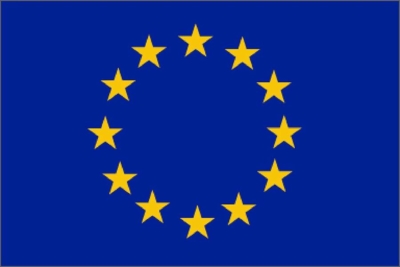12th October confirmed as launch date for EU’s Entry Exit System (EES)
Links on Head for Points may support the site by paying a commission. See here for all partner links.
After myriad delays, we have a firm date for the launch of the EU’s Entry Exit System – 12th October.
From this date, everyone travelling into the EU must have four fingerprints and a photograph registered. (Children under 12 are exempt from fingerprinting.)
On every subsequent visit, one of the two – fingerprints or facial scan – must be taken and matched to the details on file.

The only bit of good news is that the launch will be phased. Until 9th April 2026, countries will be allowed to temporarily suspend EES if it is leading to excessive delays. For the first two months, it will reportedly also be possible for countries to operate EES without storing biometric data.
From 12th October 2025 to 9th April 2026, passports will continue to be stamped on entry and exit so that there will be no issues if EES is not in place when leaving the EU.
From 9th April 2026, there will be no exceptions. All non-EU citizens will be required to have their data collected and checked. Passport stamping will end.
It not clear how the recent agreement to allow UK citizens to use e-gates at all European airports adopting EES will dovetail into this. It appears that e-gates will allow you to register your fingerprints on your first visit post the launch of EES, although it will still be necessary to speak to a border control officer who will decide whether to approve your EES application.
EES data will be valid for three years. Importantly, each re-entry into the EU restarts the three year clock unless you receive a new passport.
What about ETIAS, the EU ESTA?
The EES scheme is separate from ETIAS.
ETIAS is the EU equivalent of a US ESTA, which will be required to travel from the UK to 30 European countries.
ETIAS has also been delayed multiple times but is now scheduled to launch after the launch of EES but before the end of 2026 (not 2025 as we originally wrote). The application fee has been confirmed as €20, although only people aged between 18 and 70 will pay.
For comparison, the US has approved plans to increase the ESTA fee from $21 to $40. The UK ETA fee is £16.
ETIAS is linked to your passport. It is valid for up to three years or until the passport expires, whichever comes first.
With a valid ETIAS travel authorisation, you can enter the territory of these European countries as often as you want for short-term stays – normally for up to 90 days in any 180-day period. However, it does not guarantee entry. When you arrive, a border guard will ask to see your passport and other documents and verify that you meet the entry conditions.
Whilst ETIAS will require additional administration, it should not cause delays at immigration because it must be completed before departure, with boarding denied to anyone who has not applied.
You can find out more about the launch of EES on this EU website.









Comments (202)